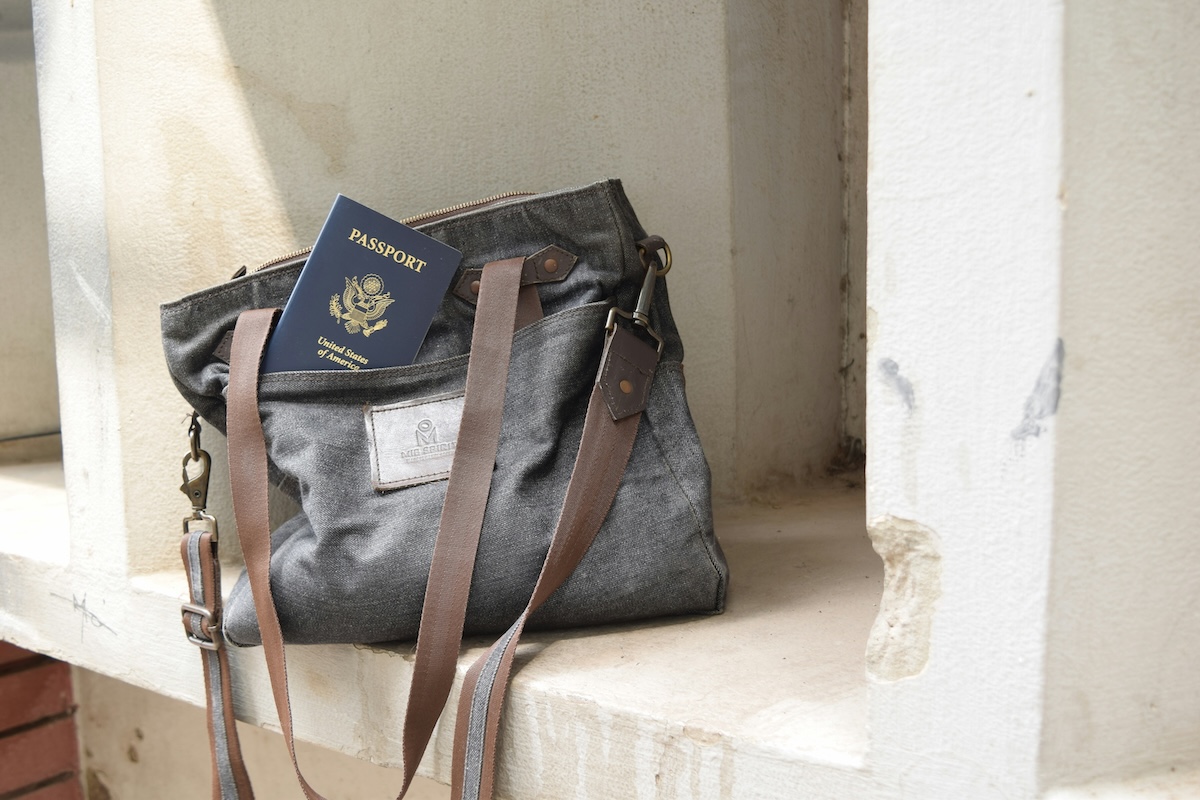
US Passport Card vs. Passport Book: What’s the Difference?
By: Sarah Stone
Skip to Section
If you’re new to the world of travel documents, the US passport card and passport book might initially seem confusing. While both serve as official proof of US citizenship, they have distinct uses and advantages, depending on how and where you plan to travel. Let’s break it down to decide which option is best for you—or if you need both.
What Is a US Passport Book?
The US passport book is the classic travel document most people think of when they hear the word “passport.” It’s a small booklet filled with pages for visas and stamps, and it’s your golden ticket for international travel by air, land, or sea. Whether you’re flying to Europe, cruising to the Caribbean, or backpacking through Asia, the passport book is your go-to.
A passport book is also a handy form of general identification. It’s accepted worldwide and can serve as a backup ID in situations where you might not have your driver’s license or state ID. Its versatility makes it essential for anyone planning trips beyond the borders of the United States.
What Is a US Passport Card?
The passport card is a wallet-sized alternative designed for specific types of travel. It’s more limited in scope, allowing entry into the US from Canada, Mexico, Bermuda, and the Caribbean—but only when traveling by land or sea. If you’re road-tripping to Canada or hopping on a ferry from Mexico, the passport card is a convenient, lightweight alternative to a book.
However, the card can’t be used for international air travel. So, if your travel plans involve flying overseas, the passport card won’t cut it. It’s an excellent backup for domestic identification and is especially handy for frequent cross-border travelers who don’t want to carry their passport book everywhere.
Why Choose One Over the Other?
The main decision between the two is your travel habits and needs. If you plan to fly internationally, you’ll need the passport book—it’s non-negotiable. On the other hand, if your travel is limited mainly to neighboring countries or you want a simpler, more portable ID for certain situations, the passport card might be a good fit.
Cost is another factor. The passport card is significantly cheaper, making it an attractive option for those without broader access to a passport book. A first-time adult passport card costs $30 (plus a $35 application fee), while a passport book costs $130. If you’re renewing, the fees are even lower. For some travelers, the affordability of the card makes it a great supplemental option.
Should You Get Both?
Getting both might be worth it if you frequently travel internationally by air and also make regular trips to Canada, Mexico, or the Caribbean by land or sea. The passport card is convenient to carry in your wallet, while the passport book stays safely stored until you need it for air travel or more distant destinations.
Having both can also be a smart backup plan. If your passport book gets lost or damaged while traveling domestically or close to the US, the card can be proof of citizenship and identification. Likewise, your book can pick up the slack if you accidentally leave the card at home.
The Bottom Line
The US passport book is the all-in-one travel document for globetrotters, while the passport card is a more affordable, lightweight option for regional travel and everyday ID use. Your choice to get both depends on where you’re headed and how you like to travel. For peace of mind and maximum flexibility, having both can be a winning combo for many travelers.
Information published on this website and across our networks can change over time. Stories and recommendations reflect the subjective opinions of our writers. You should consult multiple sources to ensure you have the most current, safe, and correct details for your own research and plans.
Frayed Passport is a participant in the Amazon Associates Program, an affiliate advertising program designed to provide a means for sites to earn advertising fees by advertising and linking to Amazon.com. We also may share links to other affiliates and sponsors in articles across our website.




